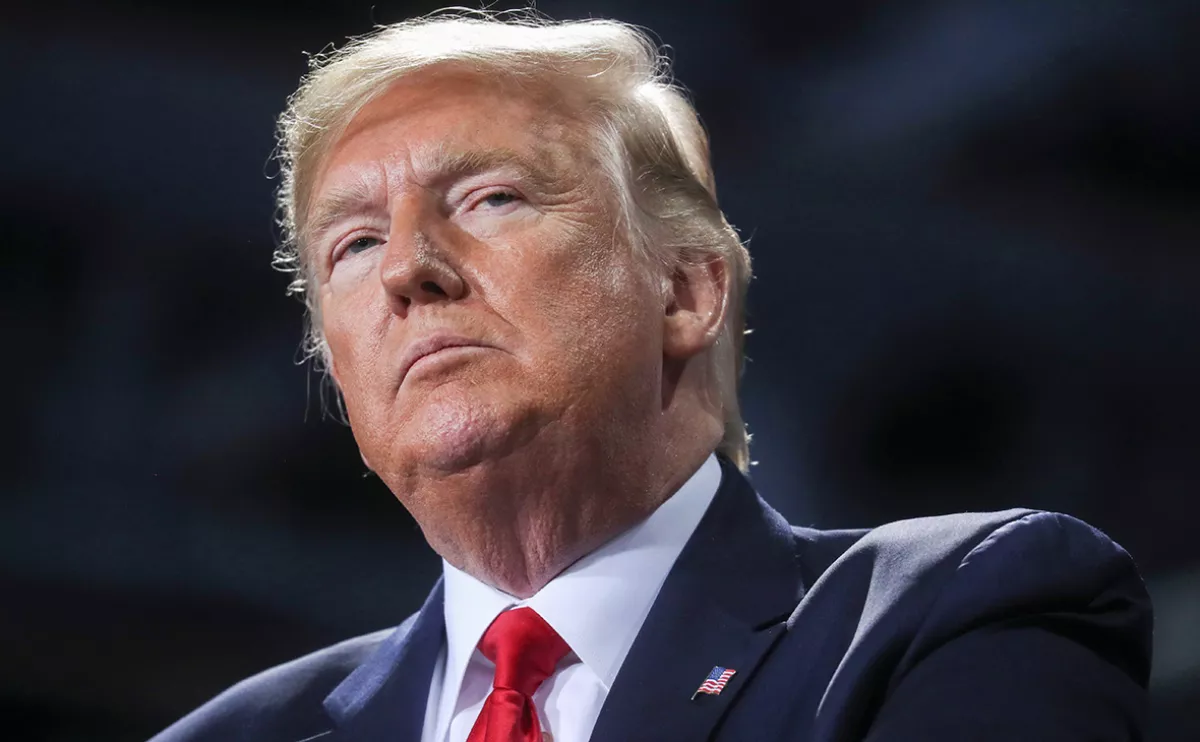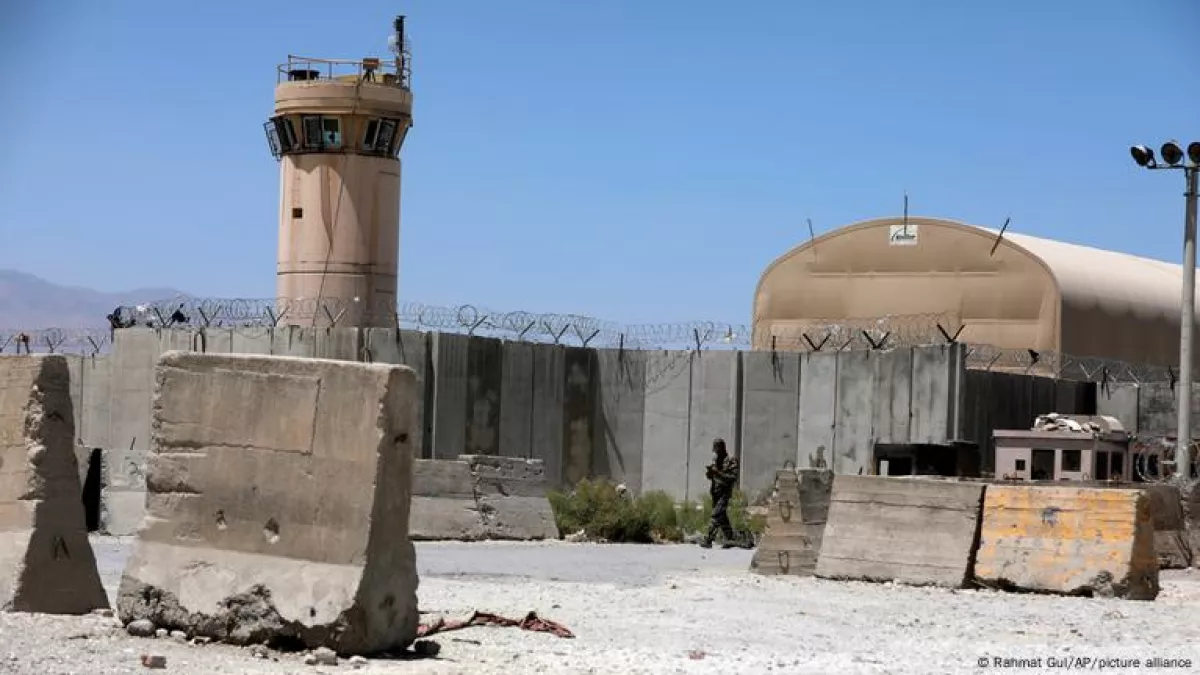Bagram: A base too strategic to leave empty Trump refocuses on Afghanistan
Just as the waves of unrest sparked by Donald Trump’s well-known statements regarding Canada, Greenland, and the Panama Canal began to subside, the American president has stirred the world with a new challenge. This time, he made a series of statements about his intention to bring the Bagram military airbase in Afghanistan back under U.S. control.
He first mentioned this during a state visit to the United Kingdom. Speaking at a press conference in London, Trump emphasised the strategic importance of the airbase. “We’re trying to get it back because they need things from us. We want that base back. But one of the reasons we want the base is, as you know, it’s an hour away from where China makes its nuclear weapons,” the U.S. president stated.

This quote is already quite informative, as it contains an apparent reason for the Americans to return to Afghanistan: the so-called “Chinese threat.” Looking at the map, Afghanistan as a whole is not very far from China (much closer than the U.S.), and more precisely, it shares a relatively short but direct land border with it. The Bagram airbase is located in the northern part of the country, close to China’s border, and moreover, near the area of China that indeed hosts several nuclear testing sites as well as dozens of missile silos for launching nuclear warheads—the Xinjiang Uyghur Autonomous Region.
However, this is not just about controlling Chinese nuclear facilities. It is also about the broader desire to maintain a sort of headquarters amid the key communication routes and conflict zones of Eurasia. Experts link the U.S. push to return to Afghanistan with rising tensions around Iran and, more importantly, with the formation of the strategic alliance between Russia, China, and India. Washington once again sees Afghanistan as a foothold for exerting influence in this part of Asia.
The airbase, built with Soviet assistance in the 1950s, served as a key hub for American operations for two decades until President Biden decided to withdraw the U.S. military contingent in 2021. Analysts believe that a U.S. return to the base would provide opportunities for intelligence gathering and surveillance across South, Central, and West Asia, as well as for aviation redeployment and aerial refuelling.
Chinese media describe Trump’s initiative as “geopolitically sensitive.” In Beijing, there are concerns that a U.S. military presence could destabilise the region and complicate projects under the Belt and Road Initiative. Afghanistan, with its corridors and transport routes, has long been seen as a strategic link for Eurasia.
Experts’ opinions on the likelihood of a U.S. return to Bagram vary. Some view Trump’s statements as impulsive and lacking a clear strategy, while others believe there is a significant possibility that the U.S. could reach an agreement with the Taliban, provided that Bagram serves as a convenient intelligence-gathering point rather than a springboard for an invasion.

According to U.S. media, negotiations with the Taliban have already begun, led by special envoy Adam Boehler; however, representatives in Kabul so far reject the possibility of a foreign military presence. Afghanistan’s Foreign Ministry advisor Zakir Jalali reminded that, “We can build economic and political relations, but military bases are excluded.” The General Staff also stated that the presence of even a single American soldier is “unacceptable.” Nevertheless, experts note that the Taliban could make concessions if sanctions are lifted and frozen accounts are unblocked. In March, the parties already agreed on a prisoner exchange, raising hopes for further dialogue.
There is, however, an economic factor that could complicate Trump’s plan: returning to Bagram would require significant investment to modernise and supply the base, which lacks access to the sea.
Returning from the UK, Trump wrote on the social media platform Truth Social: “If Afghanistan doesn't give Bagram Airbase back to those that built it, the United States of America, BAD THINGS ARE GOING TO HAPPEN!!!” On the same day, he told reporters at the White House that the United States is negotiating with Afghanistan to regain control of the base, stating: “We want it back and we want it back soon, right away. And if they don’t do it – if they don’t do it, you’re going to find out what I’m gonna do.”
“What is Trump going to do?” has become the most talked-about question of recent months in relation to a wide range of global situations. Afghanistan, in this sense, is not the easiest region. Will the U.S. be able to reach an agreement with the Taliban and manage the costs of returning to Bagram? Is a U.S. special operation in Afghanistan imminent, or will nothing happen at all? These questions remain open for now.








